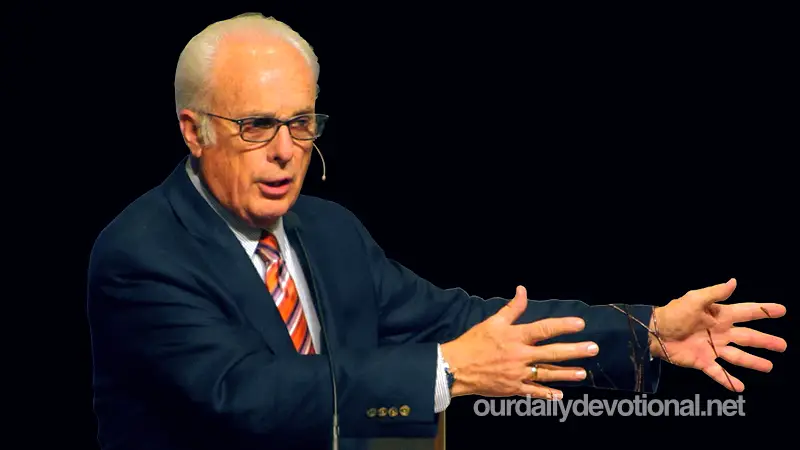(Gr. form of Hebrew "Judah").
He was the son of a Simon (John 6:71); Although he was one of the twelve for the apostleship, he betrayed the Lord of him. He receives the name Iscariot to distinguish him from the other apostle who was also called Judas (Lk. 6:16; Jn. 14:22).
His appellation is usually interpreted as meaning that Judas was originally from Kerioth, which would indicate that he was not a Galilean.
Judging by his character, there seems no doubt that he followed Jesus with a view to the material advantages he would obtain through the establishment of the Messianic Kingdom.
Without naming names, Jesus made frequent allusions to the future betrayal of one of the twelve (John 6:70). Judas had been entrusted with the care of the common purse, but he gave in to greed; He betrayed the trust of his friends, appropriating part of the money.
Mary of Bethany broke an alabaster vessel and anointed Jesus with a perfume of great price to show her affection for the Master. Speaking on his own behalf and on behalf of his other disciples, Judas harshly called this action a waste.
But it was not his concern for the poor that motivated him to this intervention, but rather the desire to appropriate the price of the perfume, if he could have had it in his purse (John 12: 5, 6).
Jesus rebuked him publicly, albeit gently. Wounded in his self-esteem, the Iscariot turned to the chief priests, offering to give them Jesus in exchange for a reward.
They agreed to give him thirty silver coins, the established price for a slave. From then on, Judas began to look for the opportunity to betray his Master (Mt. 26: 14-16; Mr. 14:10, 11; cf. Ex. 21:32; Zech. 11:12, 13 ).
Jesus, who did not want to be crucified any other time than during the days of Passover, mentioned during dinner the upcoming betrayal of one of the twelve. The devil had already placed this criminal design in Judas' heart (John 13:2).
When the Lord solemnly declared: "One of you is going to betray me," each disciple began to ask him: "Is it I, Master?" Peter gave John a sign to ask Jesus.
Christ responded in an enigmatic way that the traitor would put his hand with Him on the plate (Mt. 26:23; Mark 14:20) and that it was to him that He was going to give the chosen morsel (Jn. 13:26 ); in other words, it was one of his intimates, with whom he shared his bread (John 13:18; cf. Ps. 41:10).
No doubt, Jesus and Judas were about to dip bread into the common plate, following Eastern custom. Jesus dipped the piece of bread he had in his hand and gave it to Judas (John 13:27), who also asked him: "Is it I, Master?" Jesus answered him: "You have said it" (Mt. 26:21-25).
At this moment the disciples did not understand the precise meaning of this response. When Jesus added, "What you are going to do, do it sooner," they assumed that the Lord was ordering the treasurer to hurry up to buy the things needed for the festival, or to give something to the poor.
The traitor hurriedly went to meet with the chief priests. He had participated in the meal with the rest of the twelve (Mt. 26:20), but he left immediately after receiving the morsel (Jn. 13:30).
The Lord instituted the Holy Supper after the Passover Supper (Mt. 26:26-29; Mark 14:22-25; Luke 22:19-20). Luke's account presents the incidents of the dinner in a different order, to highlight the contrast between the mood of Christ and that of the disciples (Luke 22:15-20 and Luke 22:21-24).
After Judas left, the tone of the conversation changed. After dinner, Jesus led the eleven to the garden of Gethsemane. Judas went there with a multitude of men armed with swords and staves; They had been sent by the religious leaders and the elders of the people.
Judas had agreed with the soldiers that he would tell them who they had to arrest, greeting him with a kiss. The traitor came forward and kissed Jesus, whom the soldiers arrested (Mt. 26:47-50).
The next day, Judas had changed his mood. Seeing that Jesus had been condemned and that he was going to be executed, he realized the monstrosity of his crime, and went to the chief priests, telling them: "I have sinned by giving up innocent blood," and wanting to return the money. .
His conscience was not as hardened as that of the religious leaders, who, after having paid him to commit that treason, turned their backs on him, saying: "What do we care? There you are!
Judas then threw the pieces of silver into the Temple, and left to hang himself (Mt. 27:3-5). He fell headlong, and his body burst, and all his insides spilled out (Acts 1:18).
The apostle Peter (Acts 1:20) quotes in his speech the prophetic passages of Ps. 69:25 and 109:8. Judas had fulfilled what was written about the evil one who gave evil for good, betrayal in exchange for love.
The disciples relied on these passages to justify the choice of another apostle to take Judas' place. There was no supernatural fate that forced the son of perdition to fulfill his destiny (John 17:12). Divine mercy was not withheld from him. He never asked for it.
The order of events in Judas' death appears to be as follows based on the accounts in Mt. 27:5 and Acts. 1:16-25: Full of remorse, Judas throws the silver into the Temple and hangs himself, probably with his belt; This breaks, or is released from the branch, and his body falls against the rocks, leaving him burst, as Acts says. 1:18.
It was not permitted to put ill-gotten money in the treasury (cf. Deut. 23:18). The conscience of the chief priests was not at peace about these thirty pieces of silver; They refused them, considering them as the price of betrayal, and bought the potter's field in his name.
Meaning of JUDAS ISCARIOTE
(Gr. form of Hebrew "Judah").
He was the son of a Simon (John 6:71); Although he was one of the twelve for the apostleship, he betrayed the Lord of him. He receives the name Iscariot to distinguish him from the other apostle who was also called Judas (Lk. 6:16; Jn. 14:22).







